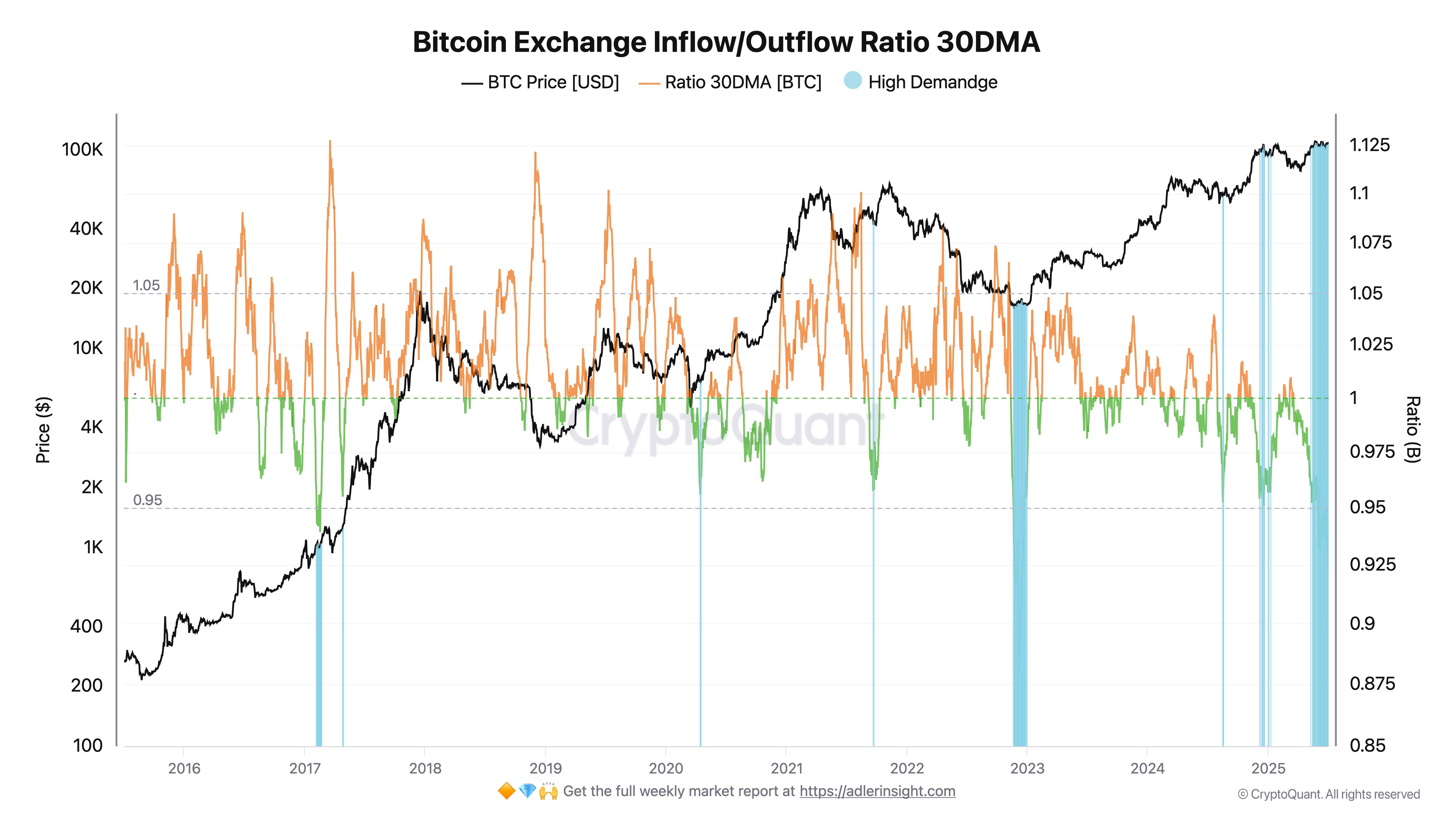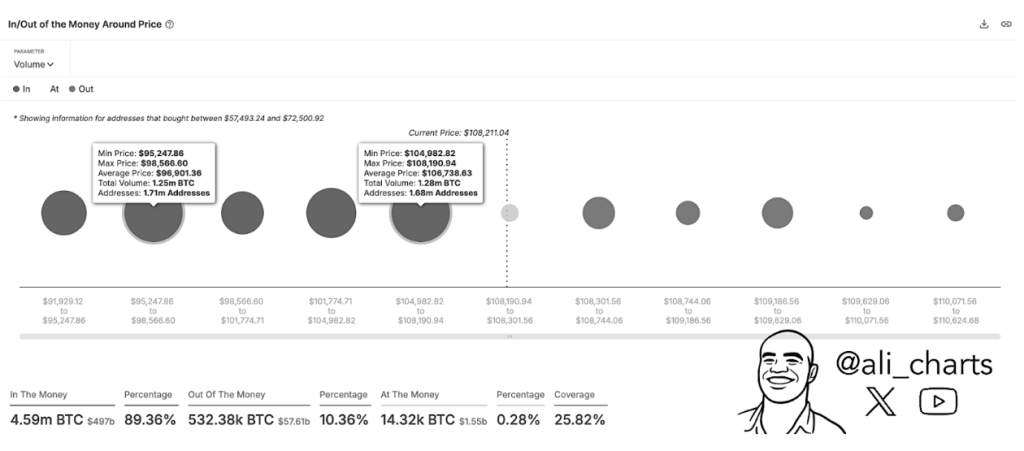
Open Banking is one of the key drivers redefining how financial services will be delivered going forward: Web3Cast with Panagiotis Kriaris
Mr. Panagiotis Kriaris has spent his career on the borderline between business and technology and brings expertise from senior leadership roles that combine Financial Services & Banking with FinTech, Payments, Retail, E-commerce & Digital Projects.

Having worked across the board in the finance industry (key roles in Commercial / Corporate & SME Banking, Retail Banking, Payments, and FinTech), Mr. Kriaris has an end-to-end understanding of the entire business and of the challenges and opportunities that lie ahead.
Innovation, strategy, business development, strategic partnerships, and building businesses and products from scratch have been at the center of his work and attention over the last few years.
Being a recognized voice in the financial services industry, He has contributed to various publications and podcasts, and he is often invited as a public speaker at events around the globe.
How do you see open banking impacting the financial services industry in the next 5-10 years?
Let me set the stage before I answer your question. Open Banking is important because it brings a mentality change from a traditional, vertically integrated, static set-up to a dynamic environment where APIs offer ubiquitous, easy and straightforward connectivity among incumbent and challenger players alike. And although the disruption we have seen in financial services over the past years clearly started before Open Banking, its introduction has certainly been a big innovation boost.
From this perspective, open banking has a unique transformational role in how financial services will be evolving over the next few years. More specifically, below are a few ways how its impact and influence will be unfolding:
- Open Banking is one of the key drivers redefining how financial services will be delivered going forward: under the open approach data and APIs are the new building blocks enabling innovation, which, in turn, will be taking a twist in 2 main directions 1) becoming customer-driven rather than product-driven, often sitting at the intersection of multiple offerings that go beyond banking 2) going beyond proprietary businesses and narrowly defined industry boundaries.
- As the APIsation of financial services progresses and the cloud becomes mainstream, open banking will play a critical role in the next stage of the FinTech revolution, which will be built around data and hyper-personalization.
- The evolution and maturity of open banking will be setting the stage for moving to more complex use cases leading to what we call open finance and the open economy and impacting the positioning of incumbent and challenger players along the value chain. One example of this is banks, many of which have seen open banking as a regulatory burden only. However, the truth is that Open Banking and the open approach is the best chance they had in decades to transform (and survive) by leveraging the enormous potential of the API economy.
- Open Banking is not a business model in its own right, but it facilitates the introduction of new, revolutionary concepts, which change how financial services are delivered and consumed. Two of the most impactful such new business models are what we call Banking as a Platform (BaaP) and Banking as a Service (BaaS). The latter is, actually, what sits behind the entire discussion around embedded finance.
How do you approach the ethical and societal implications of fintech and open banking, and what steps do you believe individuals and companies should take to ensure responsible innovation in these areas?
It’s not by accident that sustainability topics have recently gained renewed significance under the umbrella term ESG, referring to environmental (E), social (S) and corporate governance (G) factors.
And it’s not only FinTech or specific domains that are affected, but rather the world of finance – and business – as a whole, exactly because the demand for better ESG practices seems to increasingly have societal roots that cut across sectors or industries.
FinTech is by definition well positioned to take advantage of the opportunity: the employment of new technologies without any legacy-system dependencies, flexible business models, branchless banking or the elimination of paper use provide for a solid starting base. And many banks seem to have lately also embraced the trend as an opportunity not only to meet society but also to gain efficiency. For example, the UN-backed Net-Zero Banking Alliance (NZBA) brings together banks that commit to getting all of their credit and investment portfolios neutral in net emissions of greenhouse gas by 2050.
Next to concepts such as green investing, carbon neutrality, biodegradable cards, planting trees, climate-linked parametric insurance we also find some more solid initiatives with a potentially bigger impact: the Climate Bonds Standard and Certification Scheme is a labeling scheme for bonds and loans, helping investors, bond issuers, governments and financial markets to understand based on transparent criteria what is green and what is not (bonds and loans with certification consistent with the 2 degrees Celsius warming limit in the Paris Agreement).
What needs to be stressed is that beyond the obvious benefits for society and for the environment, ESG (also) brings to the table a business case that cannot be ignored: according to the Business & Sustainable Development Commission, sustainable business models could open economic opportunities worth up to US$12 trillion and increase employment by up to 380 million jobs by 2030.
I do not have any doubt that going forward, sustainability will play an increasingly important role in the wider finance industry; however, we should be conscious that matching innovation with sustainability over pure profit will prove a bit harder to establish.
Can you talk about a recent project or initiative that you have been involved in that you’re particularly excited about?
I am always excited when I can be involved in projects and initiatives that can have an impact and can make a visible difference, either for our clients or for broader segments of the society. Or both, of course. And I consider myself lucky that I often have (had) the chance to do so.
I will not go into details, but we are living in times of turbulence, and it is often in such times that some of the most interesting challenges arise.
One thing that I particularly enjoy is when I get the opportunity to help people or teams – that seek my advice or opinion – challenge the status quo by applying novel solutions to existing and well-known problems.
How do you approach educating and informing your followers about fintech and payments, and what strategies have been most effective for you?
I like to publish my opinions quite often, on different fora, on all topics of finance. You might not – and you don’t have to – agree with me, but I always have a vocal opinion and try to see things from different angles. On many occasions, I find that people tend to take certain things and concepts for granted and it is particularly in these cases that I try to explain what’s happening behind the scenes and to (sometimes) challenge established views.
The most effective strategy has been, by far, direct and straightforward communication and I have found out that this is also appreciated by people much more than some might imagine or expect.
What are some of the biggest challenges that you see facing the fintech and payments industry today, and how do you see these challenges being addressed?
I think we can safely say that amidst an increasingly tough macro environment with dropping valuations and reduced funding, FinTech is currently going through its most challenging period in years. It is in such times of crisis that survival takes different shapes: product pivots, strategy changes, commercial restructuring and (sadly) even lay-offs. Even for FinTechs accustomed – by definition – to changing circumstances, the current environment means that many will inevitably fail. And in these cases, failure is always a result of not managing to adjust quickly enough.
The main challenge that FinTech companies face today comes down to this: investors are now looking for safer bets. Liquidity, profitability, and sustainability have become the key focus over growth metrics that used to dominate business plans only a few months ago. The problem is that it’s not easy to change overnight from a pure growth mindset to a profitability and resilience one, with the main reason being that this is a ball game that requires a completely different skillset and approach. And strategies might be (relatively) easy to change but skills are much more difficult to find and even harder to employ. Plus, the fact that the mentality change is, to a very large extent, connected to a company’s culture and (entrenched) ways of working and thinking.
A piece of advice for the Fintech community.
Advice is a strong word, and I am always very careful with providing advice. Hence, I will refrain from doing so but want to risk an estimate instead:
Despite the turbulent times, I am of the opinion that the FinTech space will increasingly see, going forward, efforts for value creation through mergers and acquisitions. There are two main reasons for this:
- FinTechs that make it through the storm will be seeking buyers that will allow them to grow, either by becoming part of a bigger group or by providing the necessary funds. Or both.
- Larger players will see an opportunity to consolidate and bring in skills and resources that will enable them to grow and compete. In growth times with booming valuations, this was an expensive exercise deterring even strong balance sheets. In today’s completely different environment, many will be shopping around, looking for bargains.
It’s a wrap-up:
“It is not the strongest of the species that survives, nor the most intelligent; it is the one most adaptable to change.” — Charles Darwin
Feel free to contact:
My contact details are publicly available and easy to find – I am sure whoever wants to contact me will manage to do so.
LinkedIn: https://www.linkedin.com/in/pkriaris/



